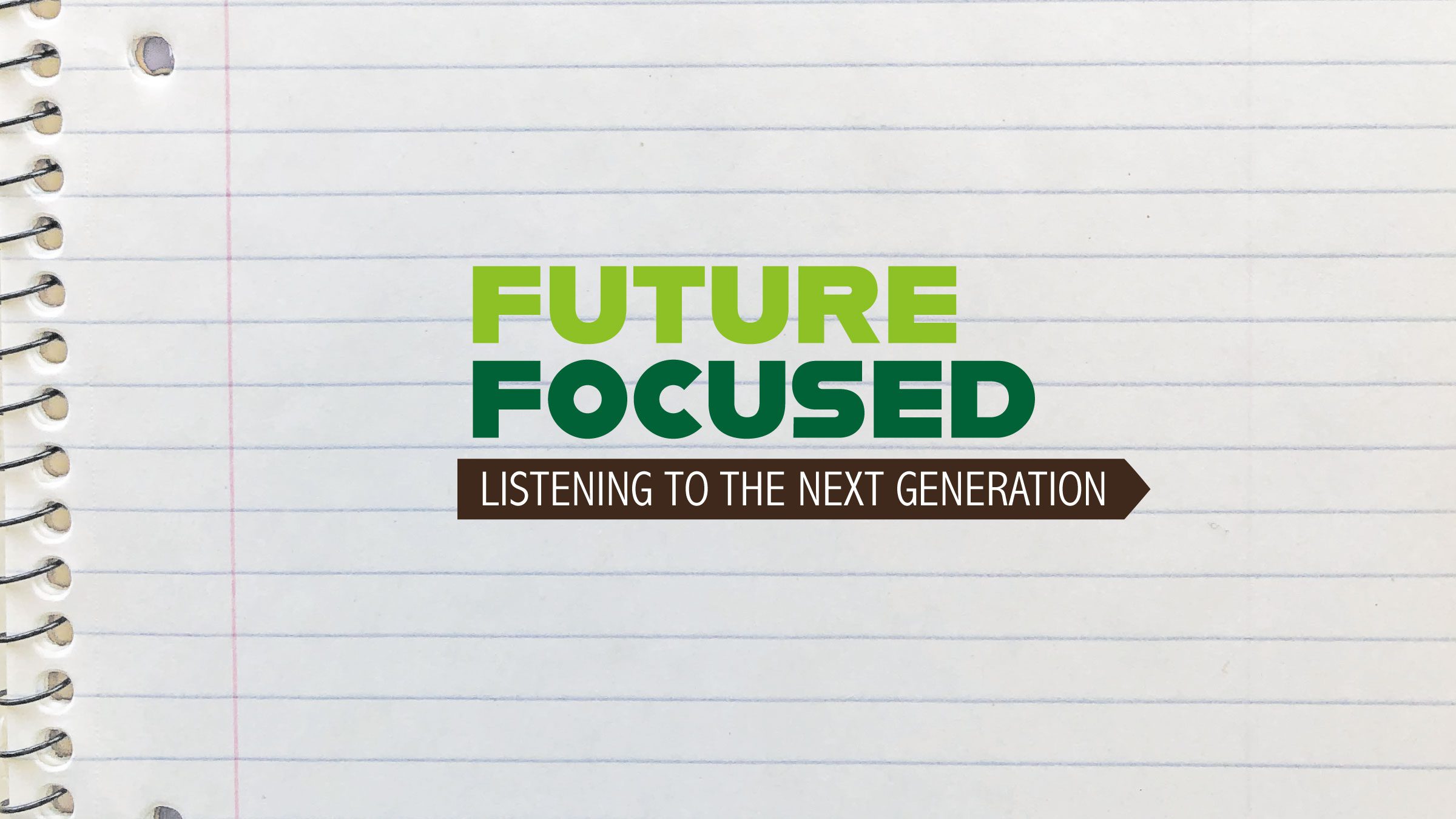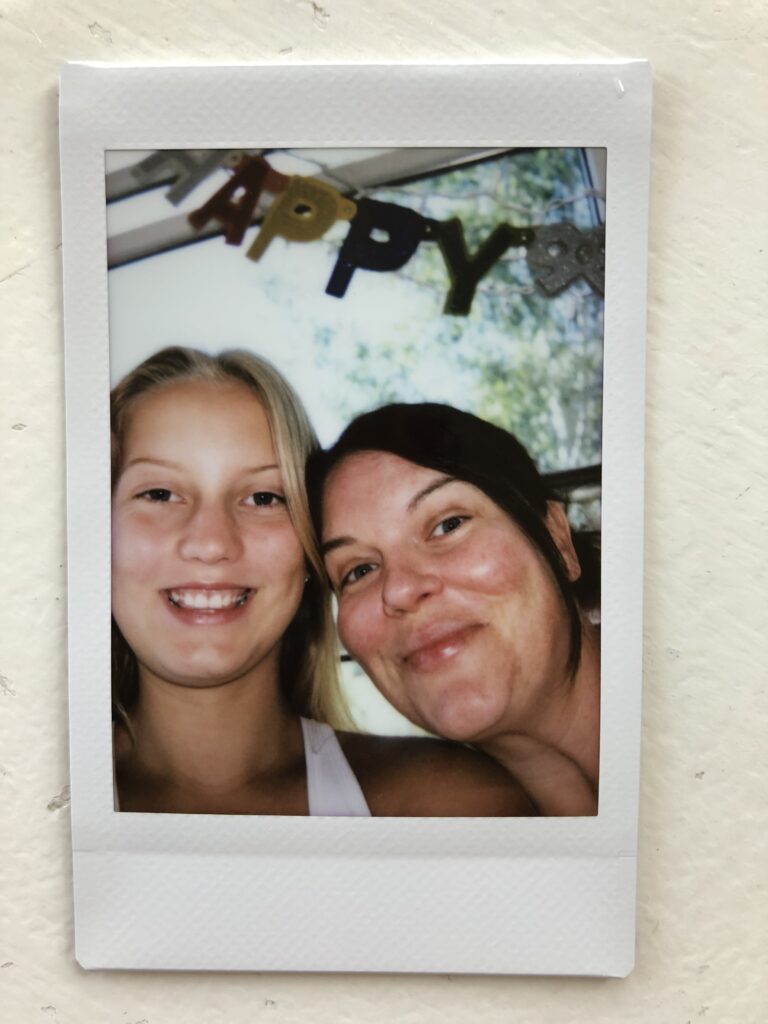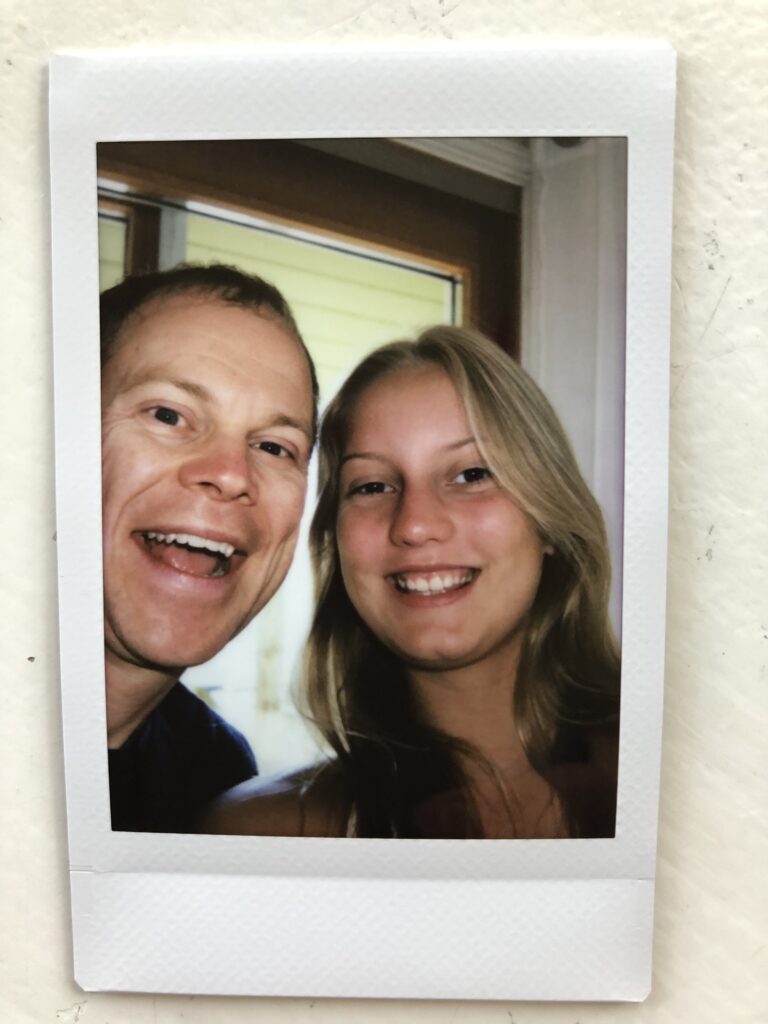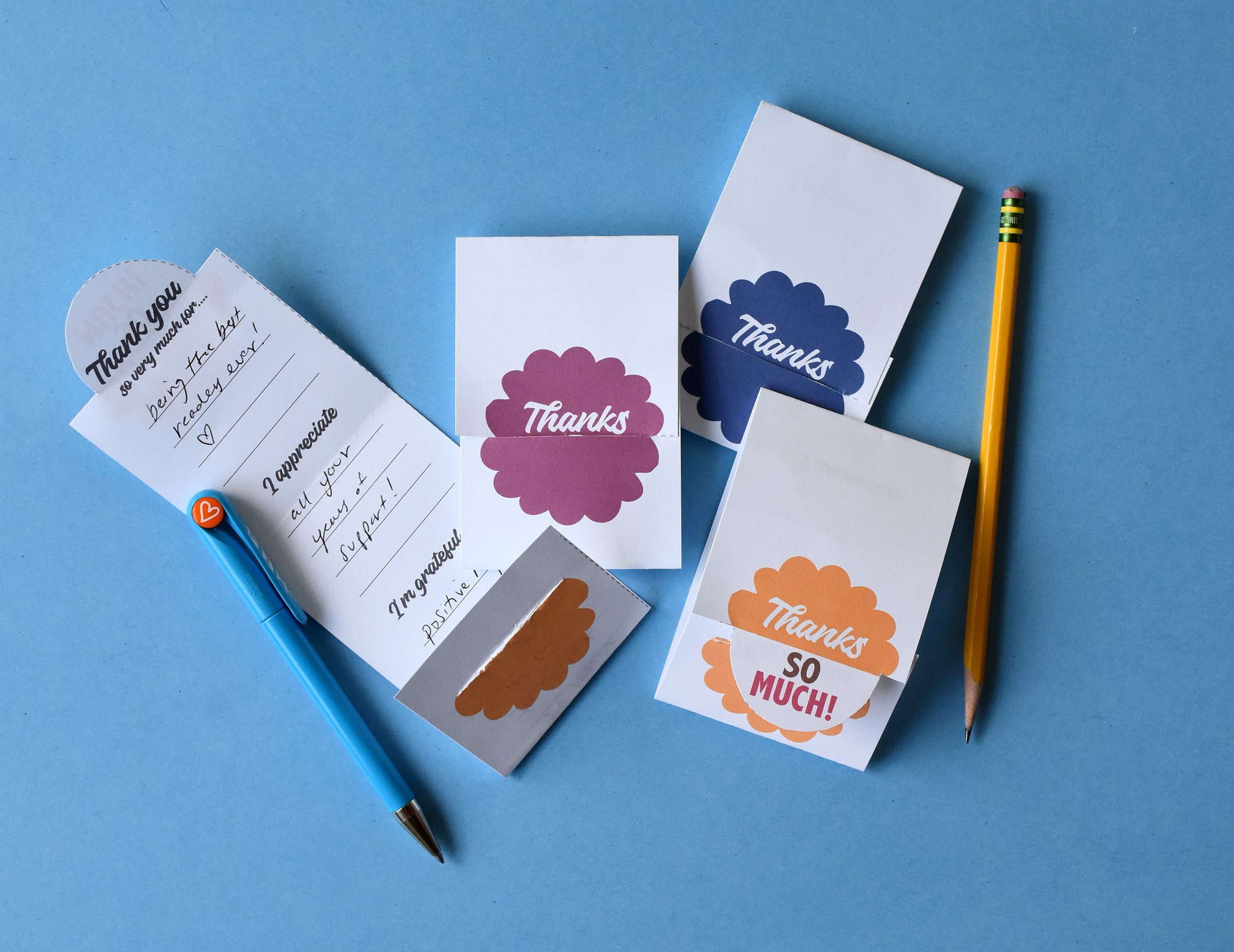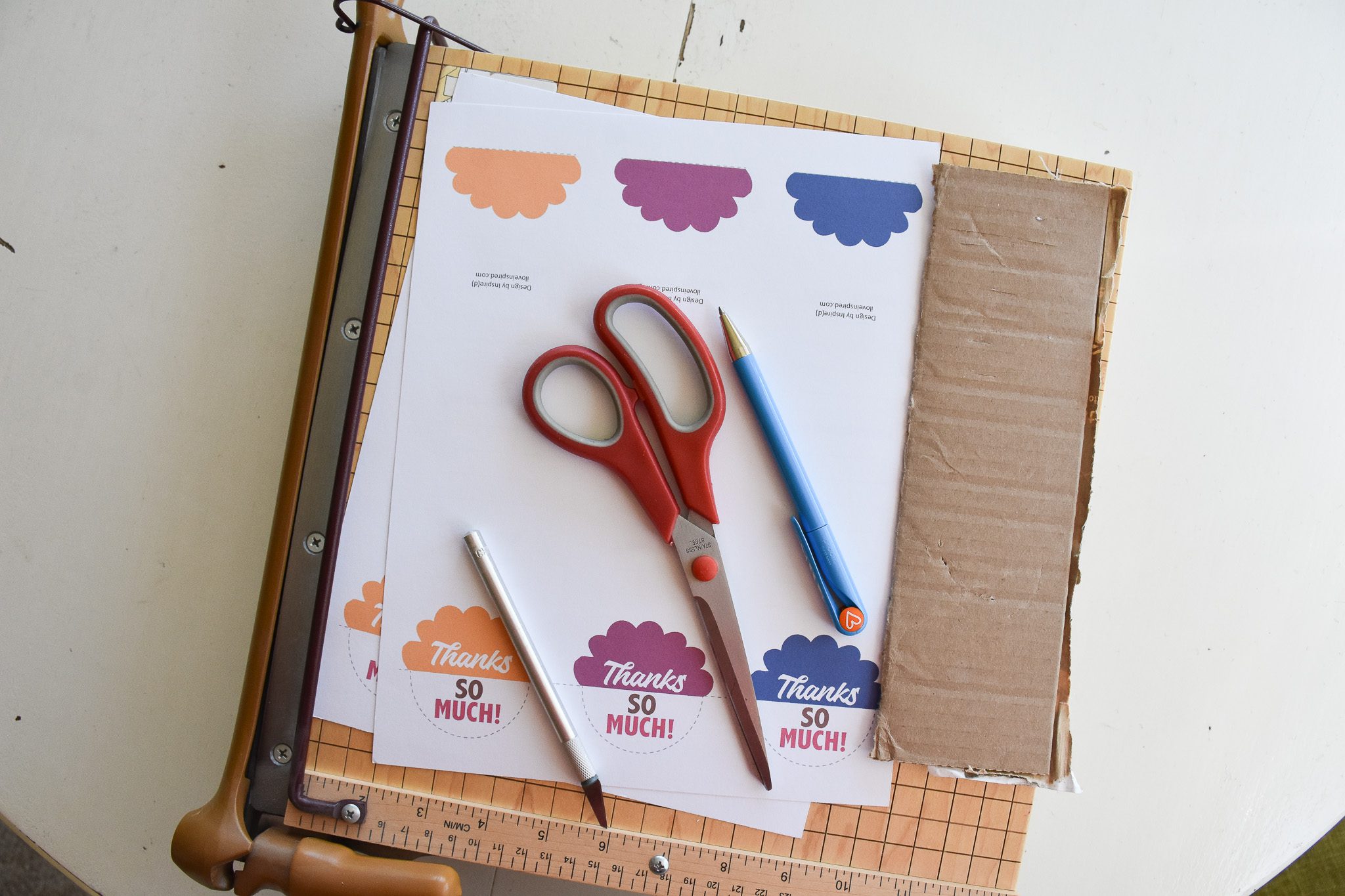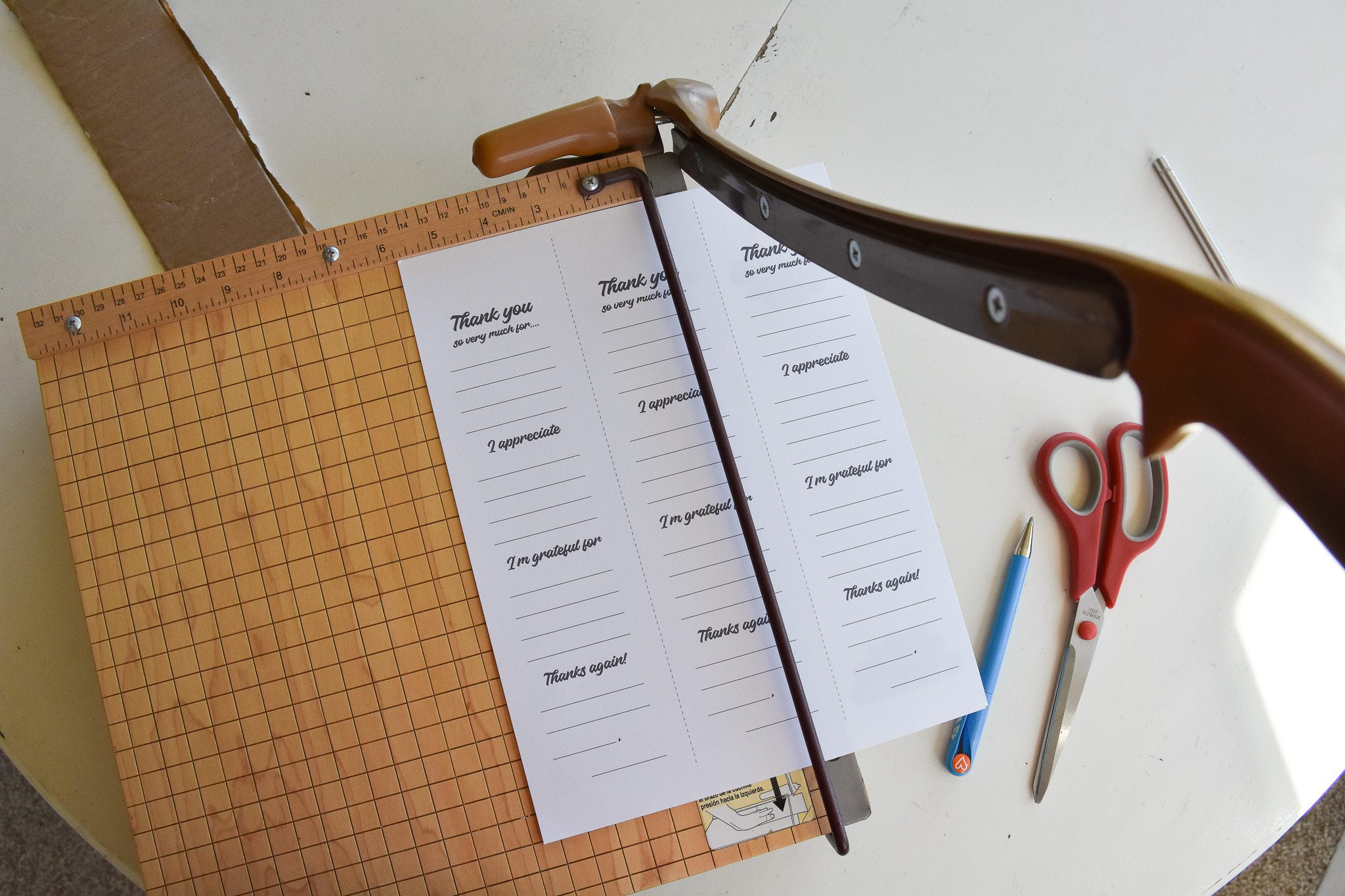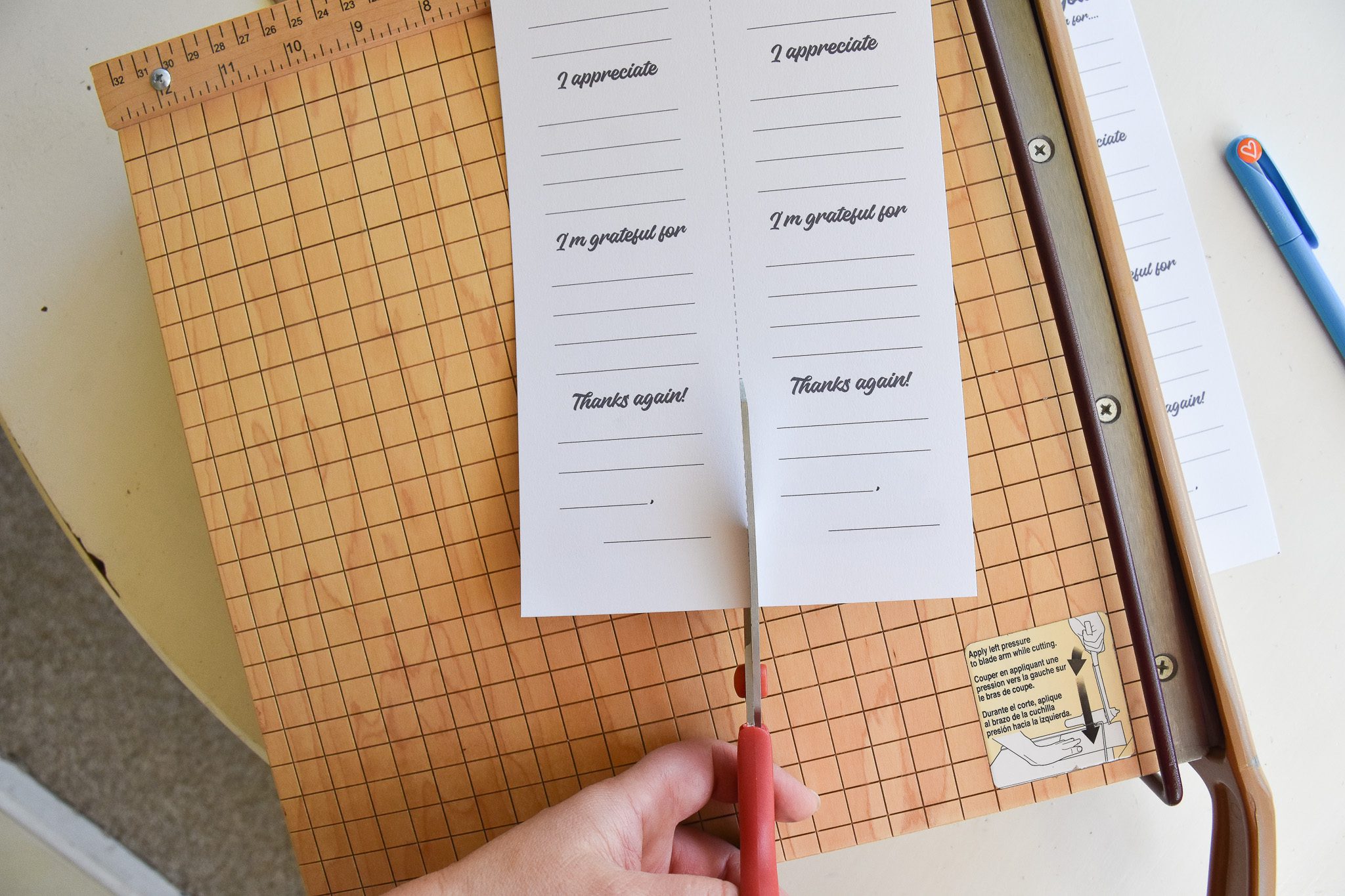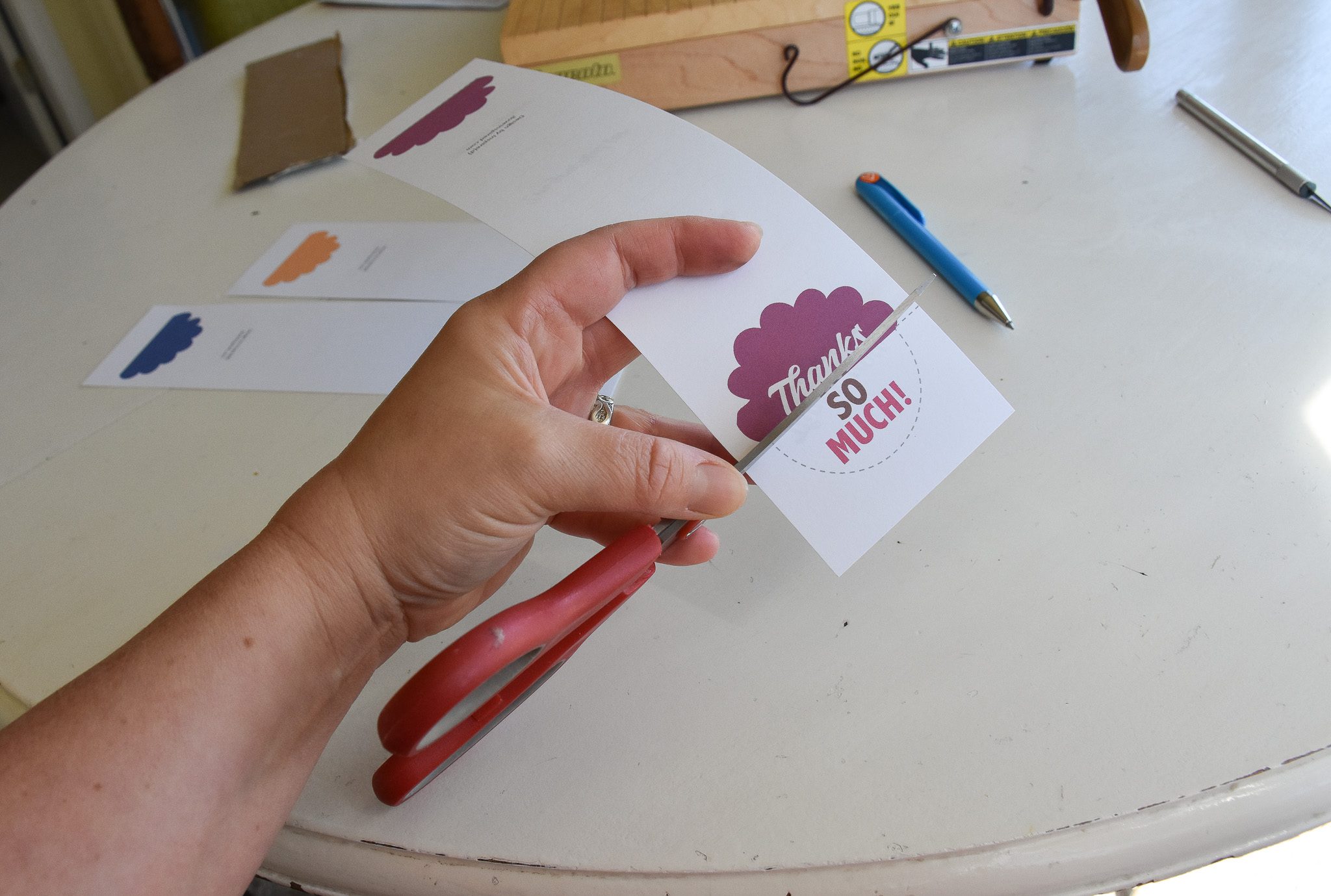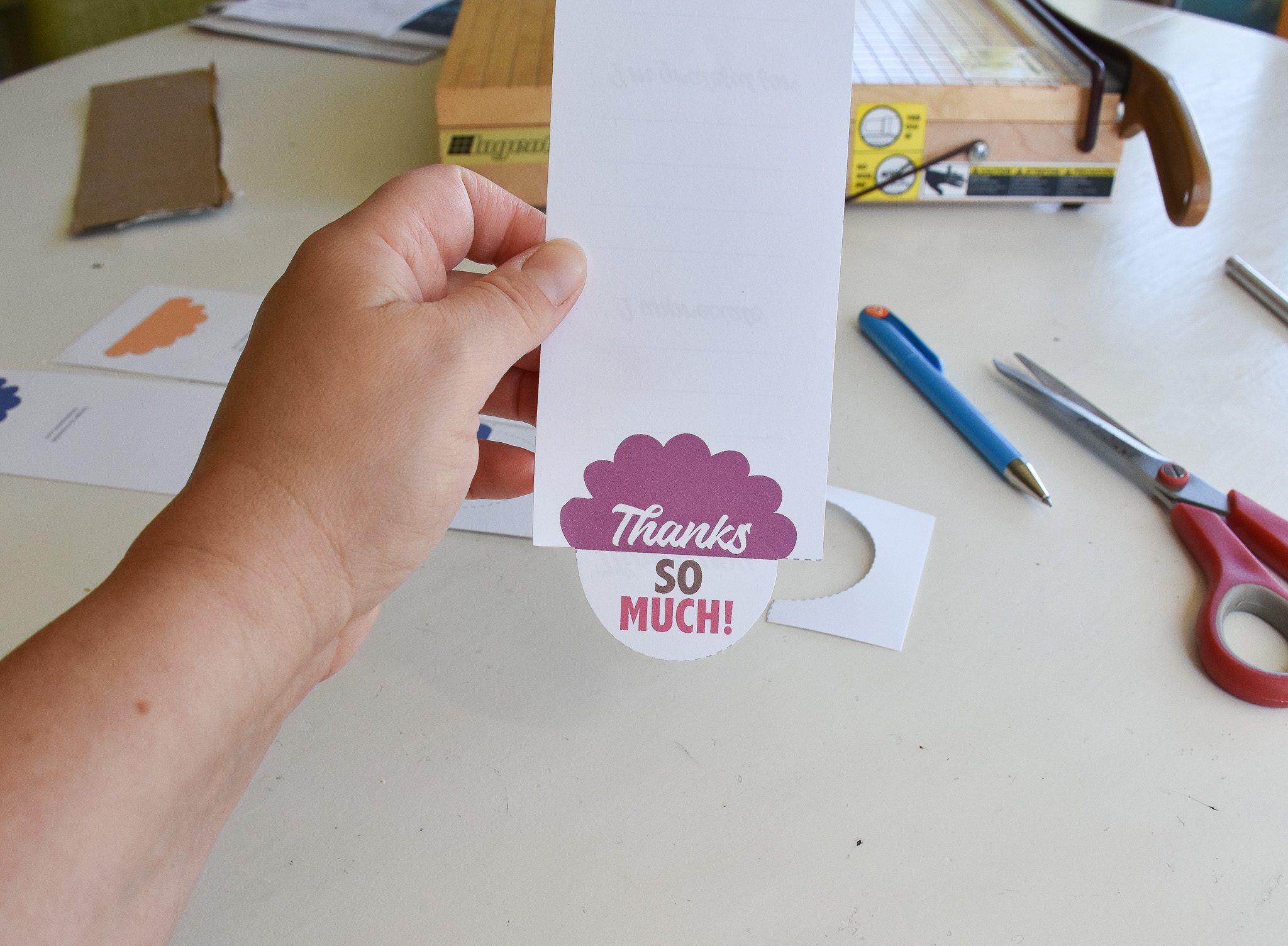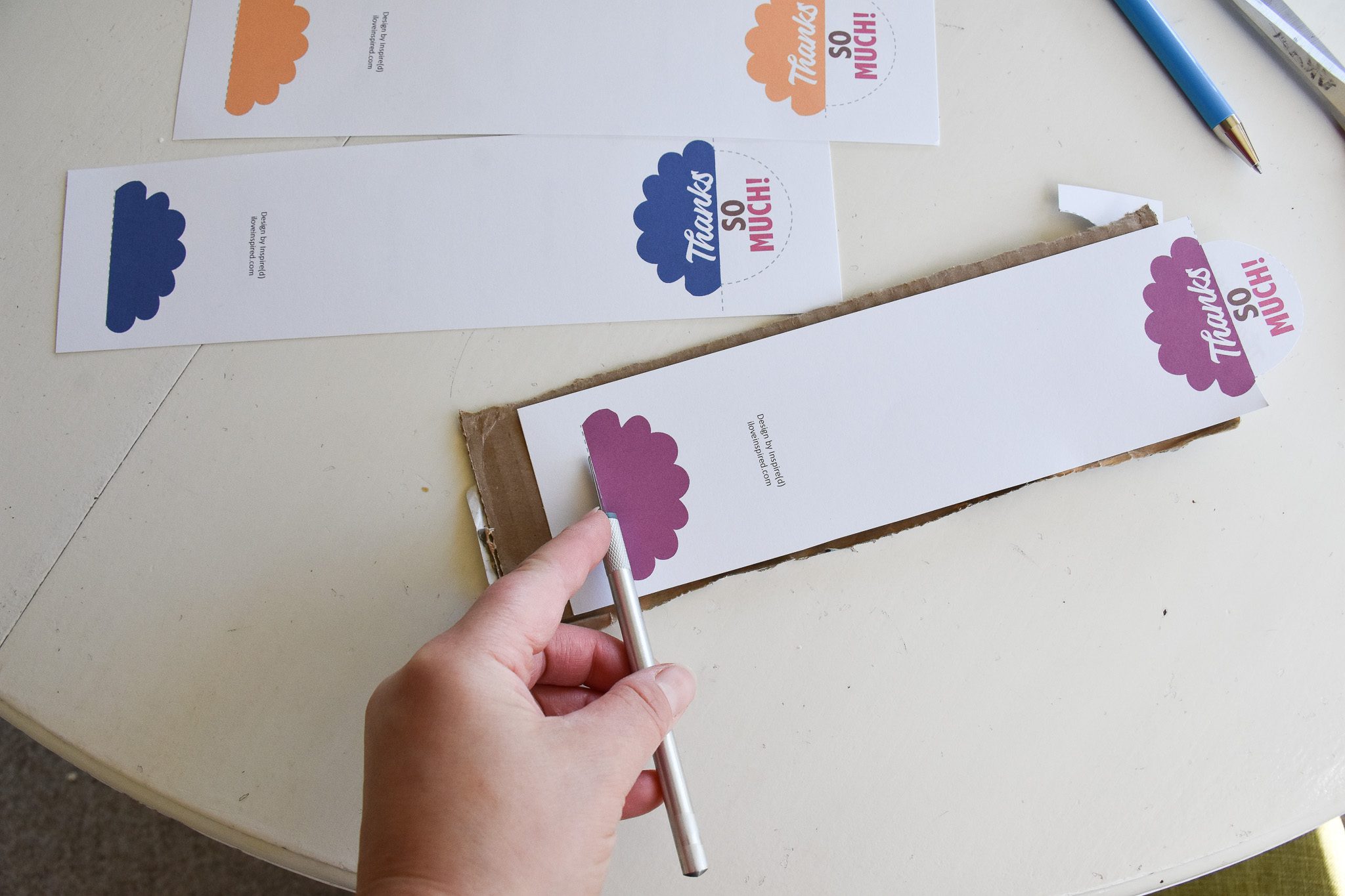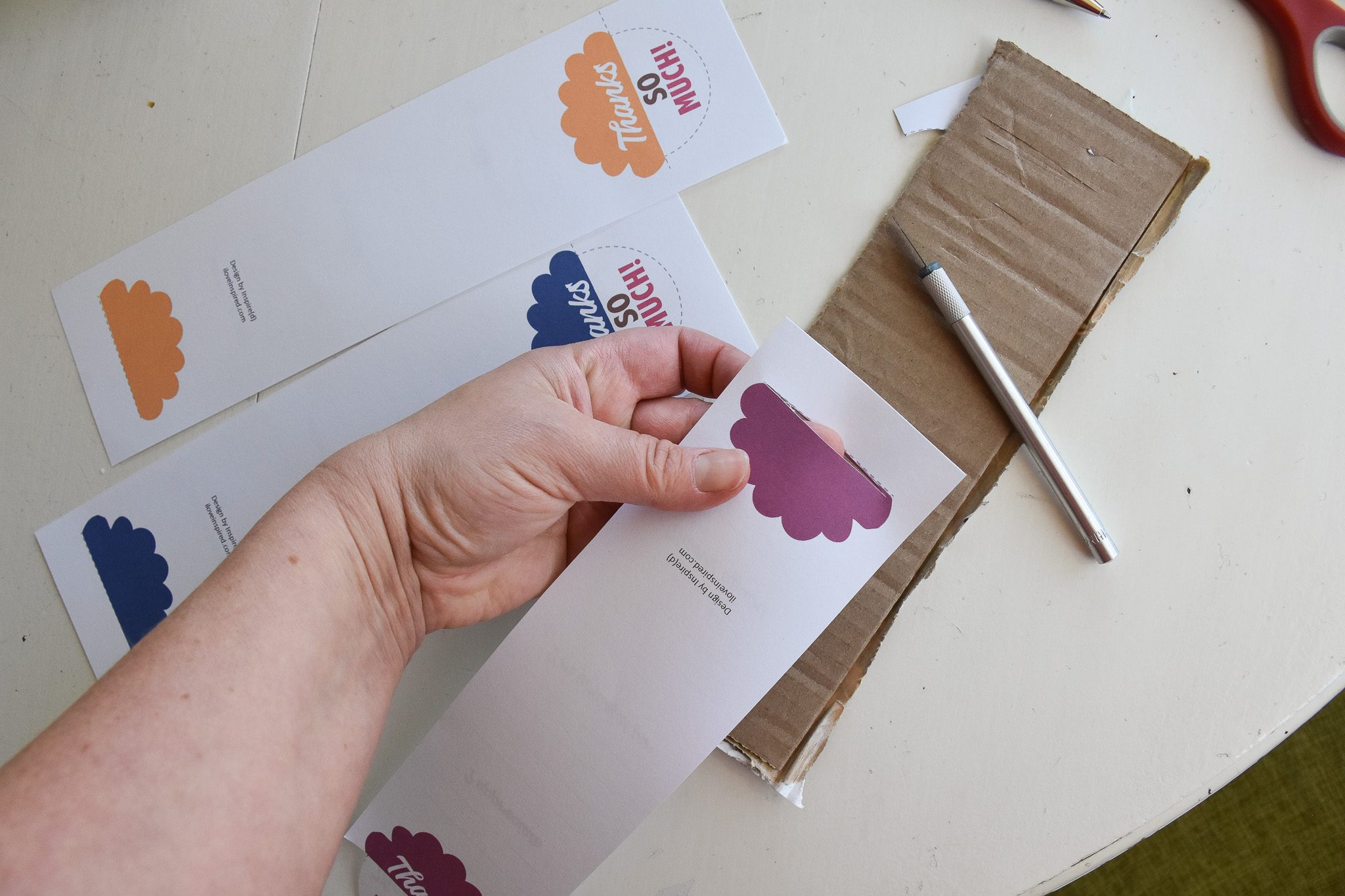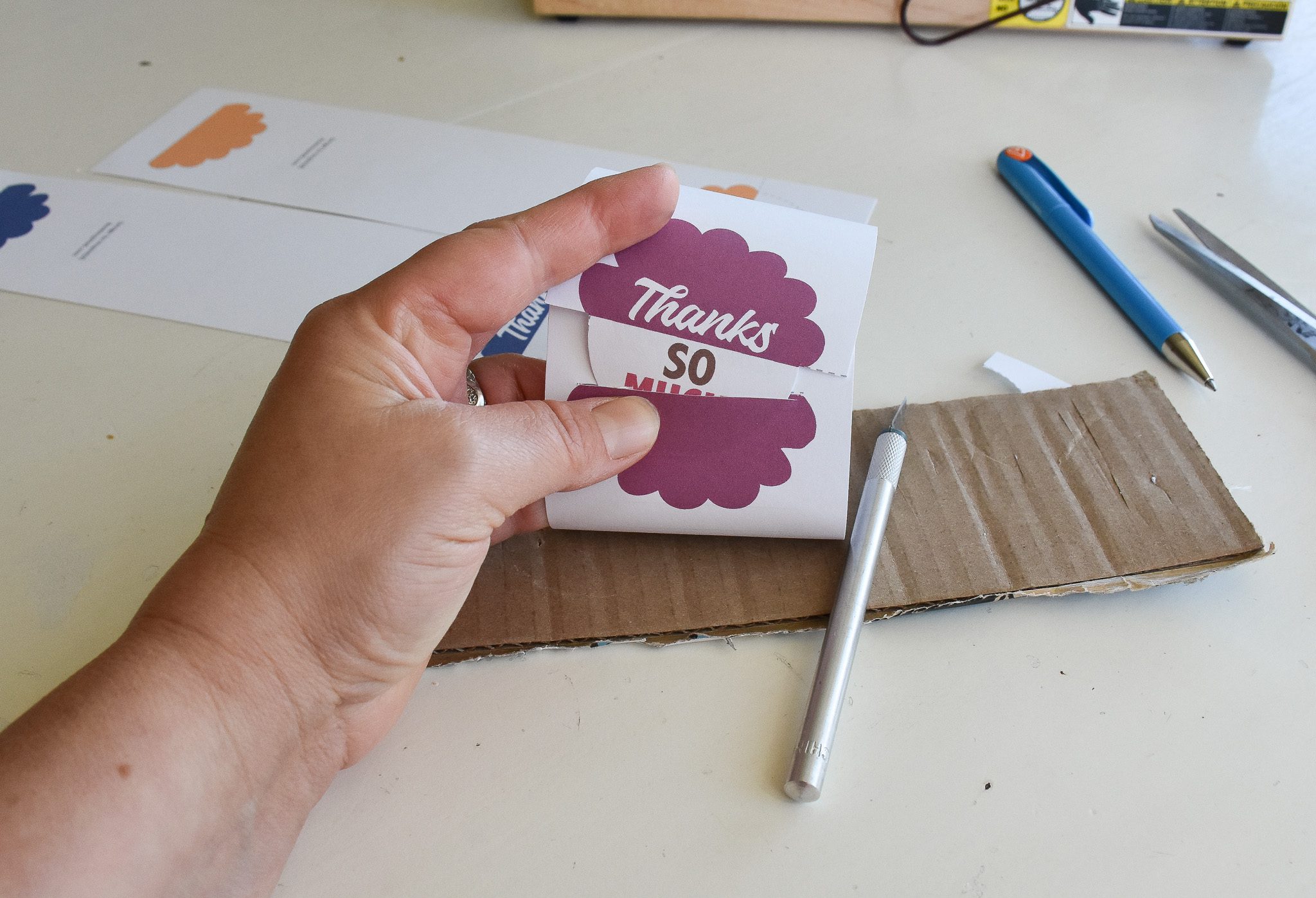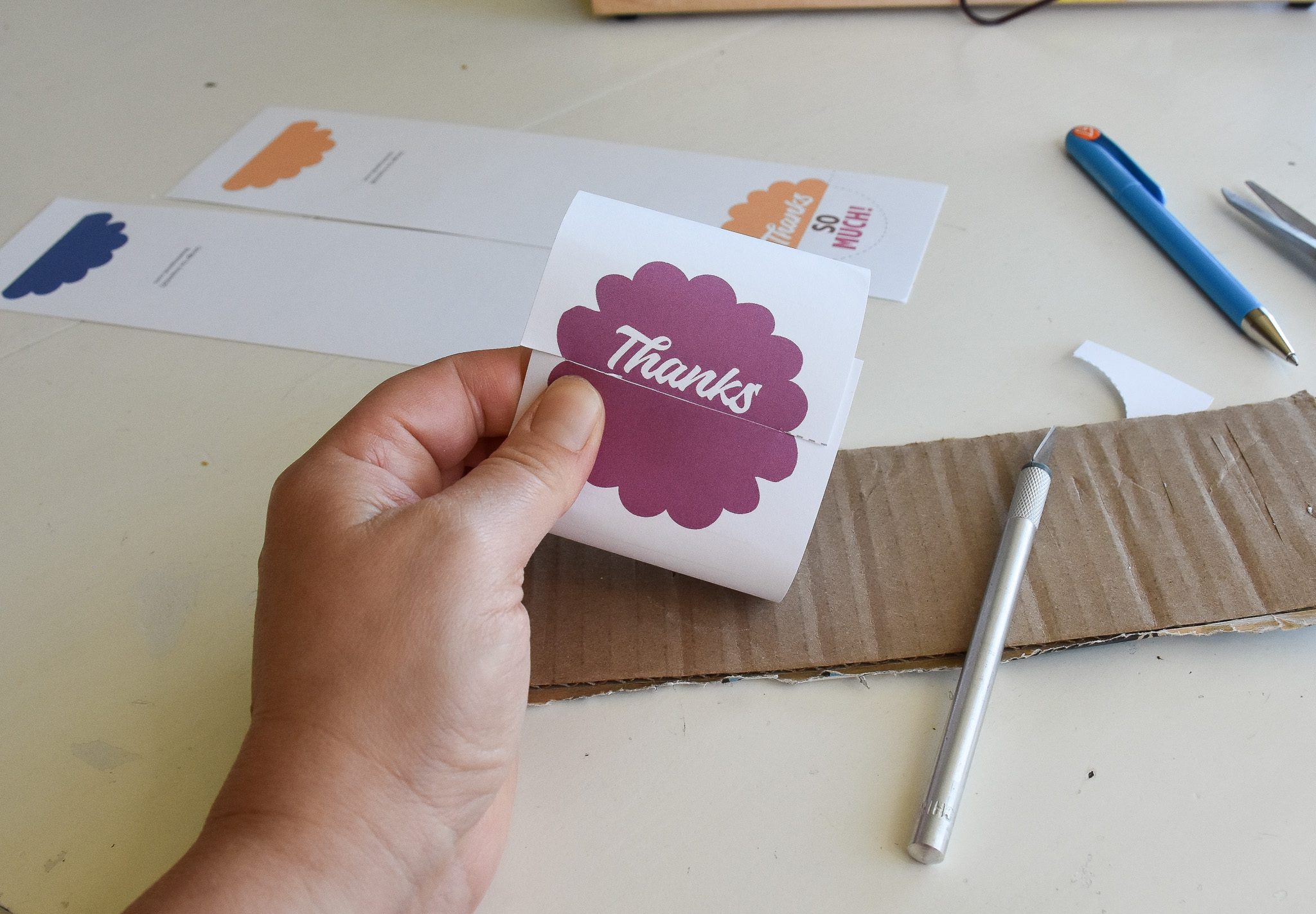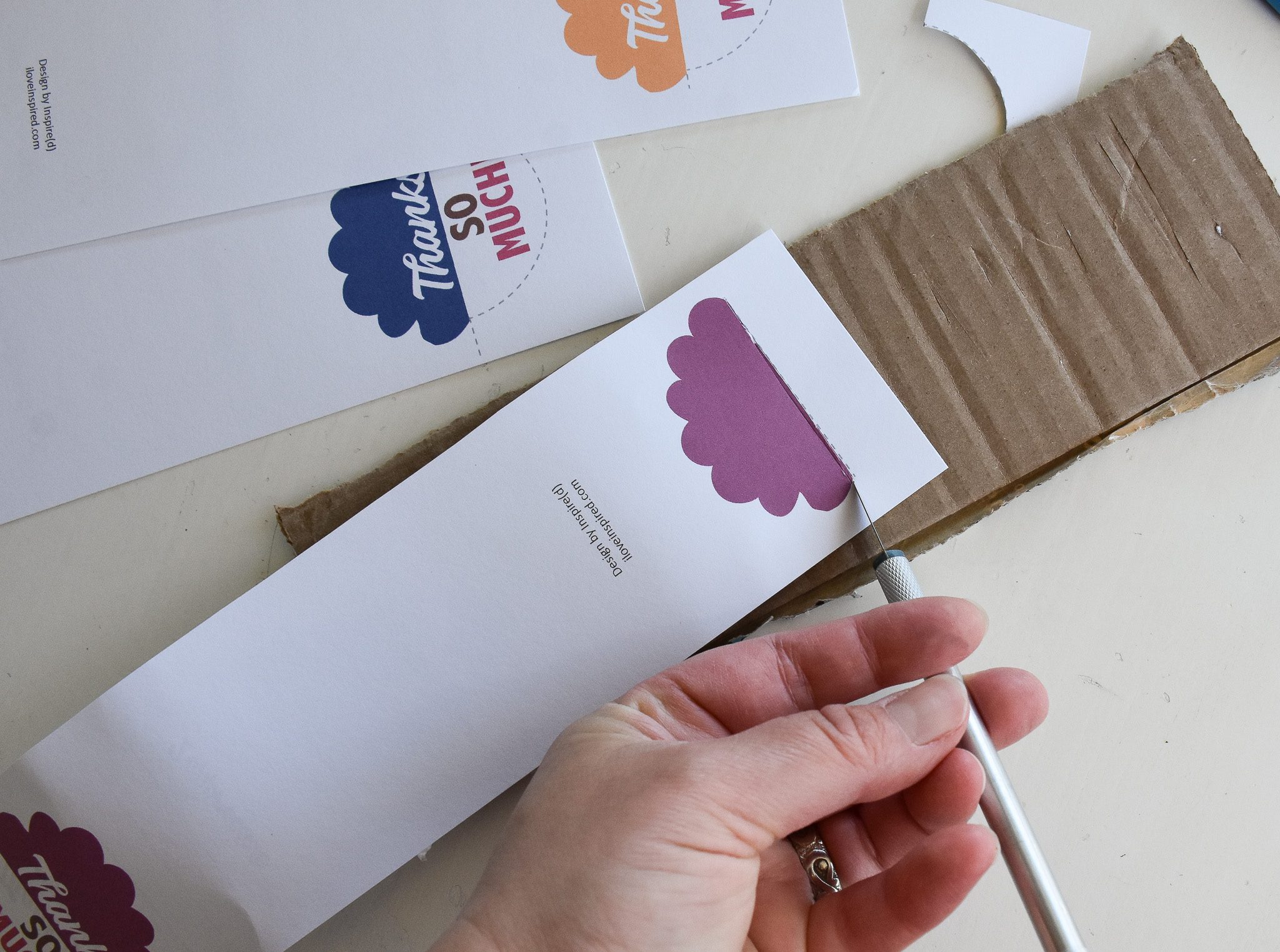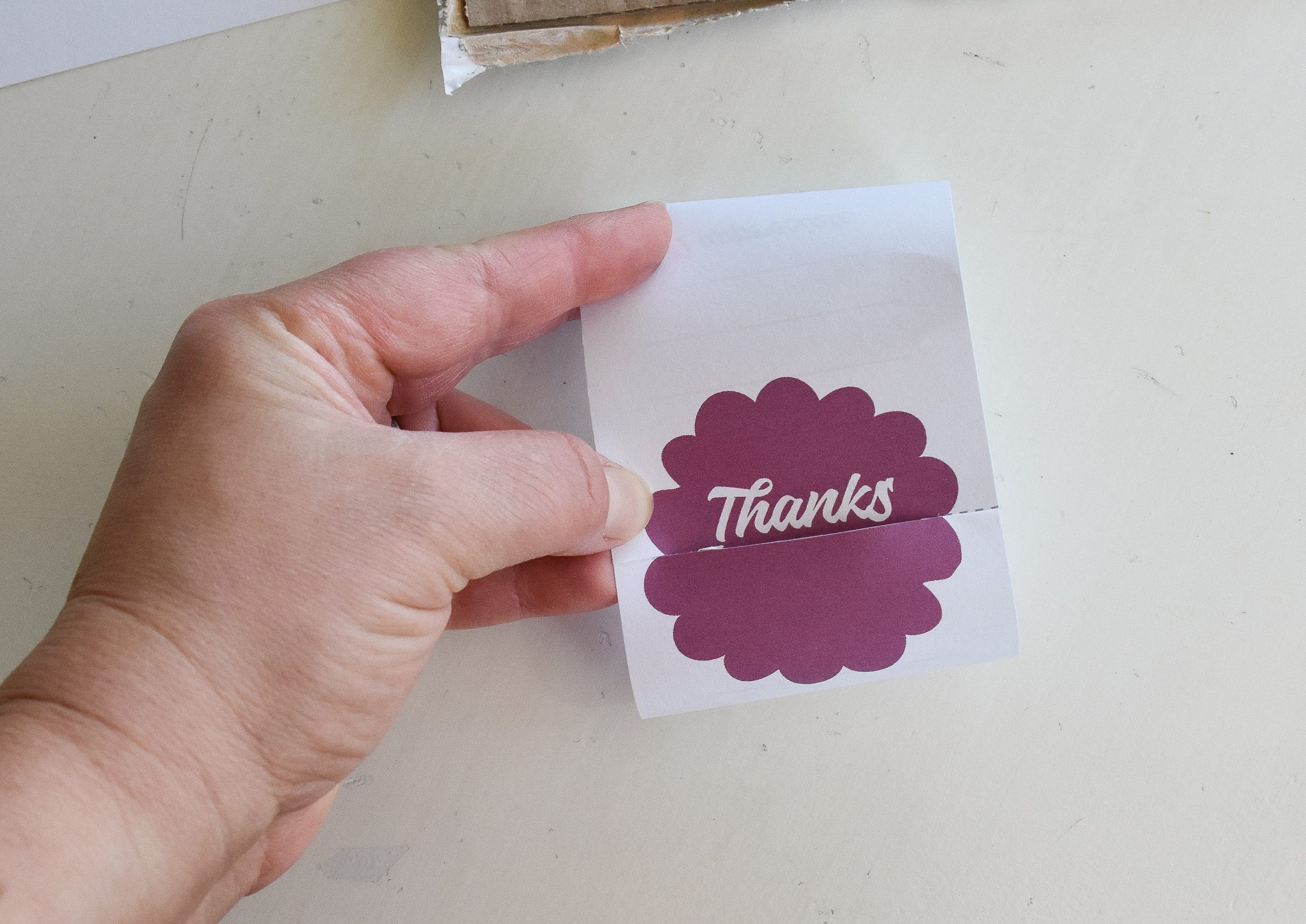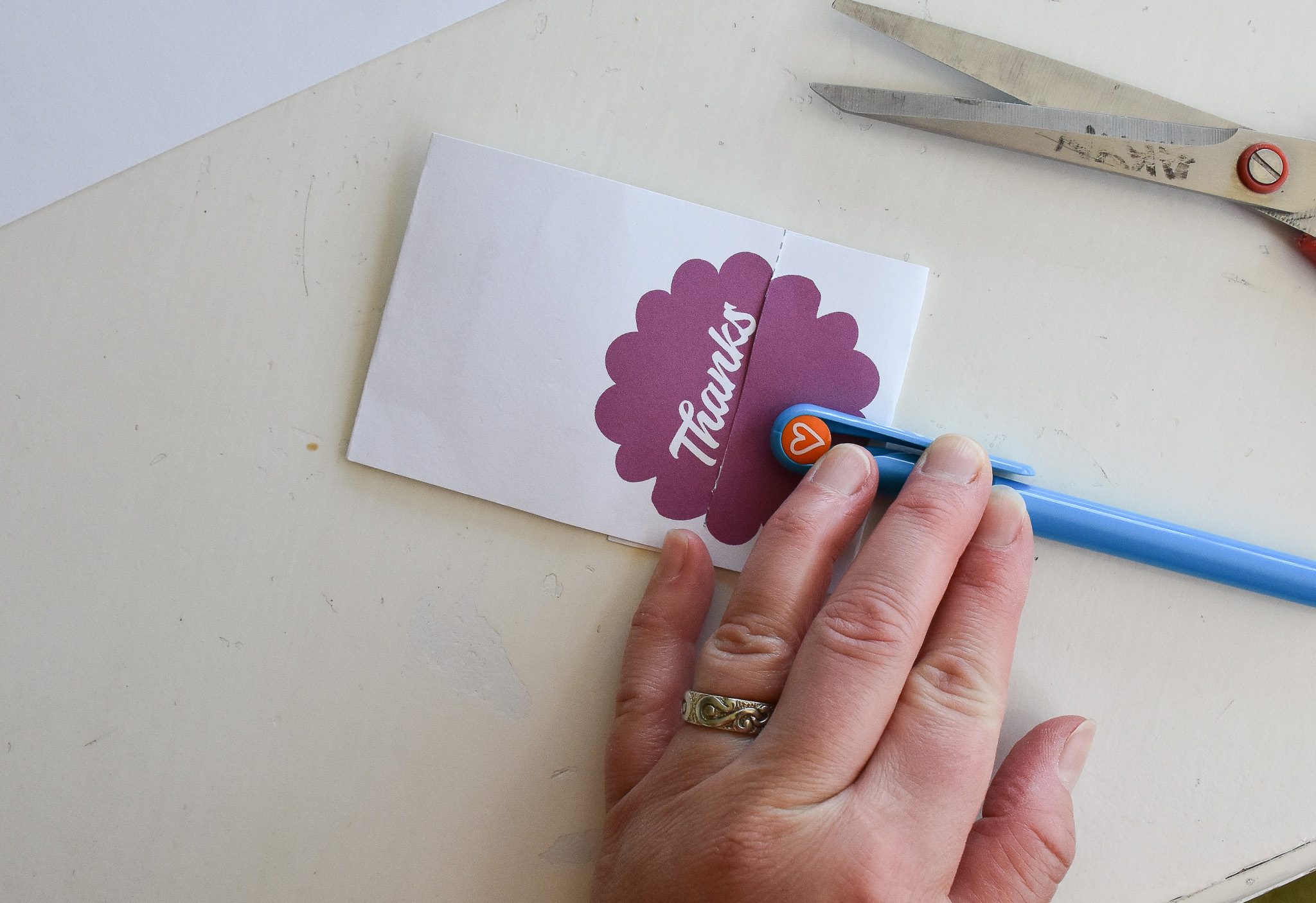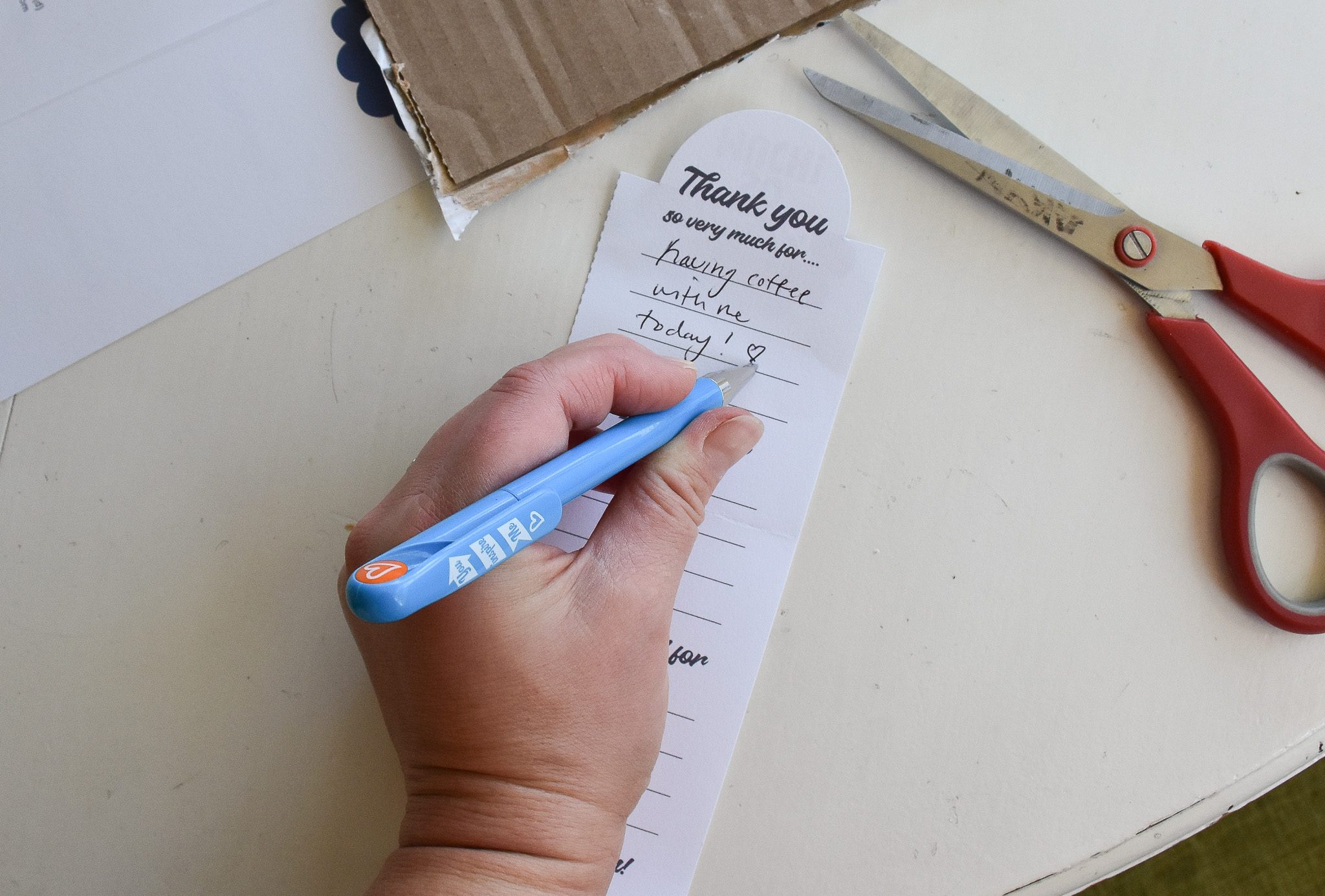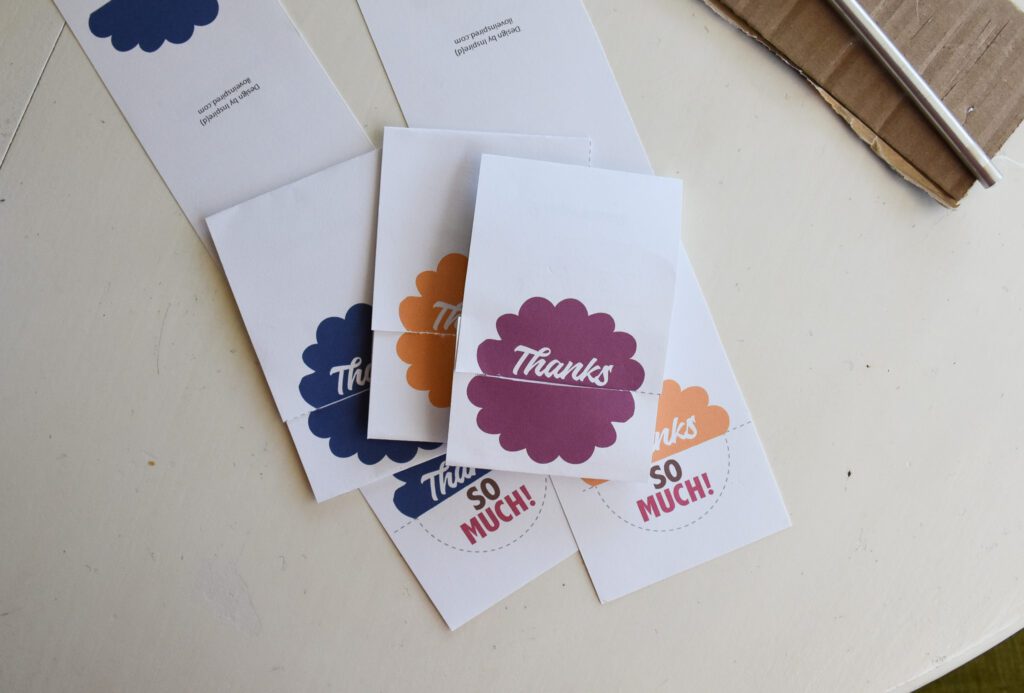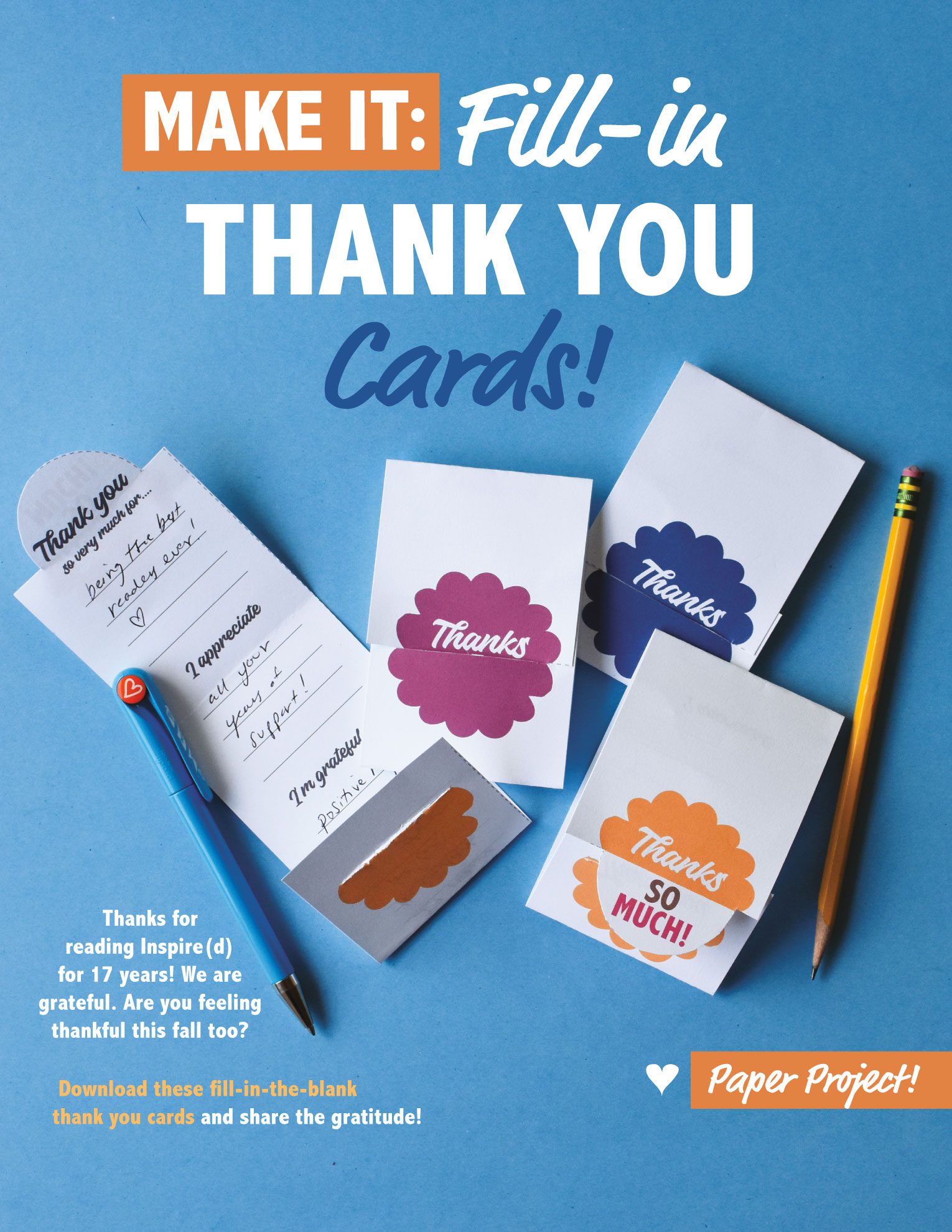
Each October, as daytime temperatures dip and leaves slowly shift toward red and gold, Erin Ryan packs up the car for a day trip. But when she drives west from rural Decorah, she’s not looking for traditional fall favorites like pumpkin patches or apple orchards.
Erin hits the road in search of socks. Lots and lots of socks.

The annual Fox River Sock Sale – or “Socktoberfest,” as it’s commonly known – draws an enthusiastic crowd to Osage, Iowa. Named for its original location on Wisconsin’s Fox River, Fox River Mills started knitting socks in 1900. Operations relocated to an existing Osage mill about 50 years ago. Today, around 170 employees craft socks sold by Fox River and other suppliers.
The company’s catalog includes premium socks made for hiking, running, skiing, and everyday wear. There are also specialized work socks, diabetic socks, socks for military professionals, and more. Fox River socks typically cost between $10 and $30 per pair. During Socktoberfest, individual pairs go for $1 to $3, and bigger multi-packs might sell for $5 or $10.
“I love every single pair that I have. They’re high quality and they’re lovely,” says Erin, who first shopped the sock sale five years ago with her husband, Mike. “I took my kids for the first time last year, and I gave them each a bag and turned them loose. They had a heyday.”

Erin regularly uses her floating work holiday to attend the annual sale, where rows of tables are topped with stacks of socks sorted by category and size.
“It’s in a big building, and they have semitrailers backed up to it, and they are just full of socks. People are constantly putting new ones out, and it’s constantly packed,” she says.
Erin has picked up everything from cashmere socks to size-14 work socks to warm winter socks she’s gifted to various family members. While the deals are a highlight, she also loves what she calls the “weird and wild” nature of the event. As shoppers wander the sale, they might hear a keyboardist playing the theme song from the “Peanuts” animated television specials. They might chat with a clerk dressed in a sock monkey costume. Area craft and clothing vendors display their work in an adjacent building. On-site food trucks offer snacks for purchase.
“Just embrace the absolute silliness that it is,” Erin says. “For me, it’s like a town festival. Decorah has Nordic Fest. Lime Springs (Iowa) has Sweet Corn Days. Lanesboro (Minnesota) has Buffalo Bill Days. And then, there’s Socktoberfest.”

The company kept no official records from its first sock sale, but Fox River Mills CEO Bobby Warren believes it happened around 1989. Employees set up four tables in a tent outside the factory, and a good-sized crowd showed up despite some rainy weather. As the event grew, it moved into a former downtown hardware store and later filled a local gymnasium. About a decade ago, the sale landed in the spacious Cedar River Complex at the Mitchell County Fairgrounds.
A team of Fox River Mills employees spends much of the year deciding what to feature at the sock sale, and preparation really ramps up each June. Osage Rotary and Lions Club members are among the volunteers who pitch in over the sale weekend, restocking tables, tallying sock totals, and operating cash registers once doors officially open.
“On that first day, there’s a line of people outside the door and around the building waiting to get in. Later, the line to pay wraps around the inside a couple of times. It’s quite the event,” Warren says.
About 9,000 people – approaching triple the population of Osage – typically shop the weekend sale. Together, they purchase more than 100,000 pairs of socks. Fox River donates a portion of sale proceeds to the organizations that provide volunteers. Those dollars then support the nonprofits’ scholarship funds and community projects.

The sale also raises money for Fox River’s Socks for Soldiers campaign. Friends and family members nominate active-duty military personnel for the program, and once participants are approved, shoppers can gift them tactical socks through a personalized registry. Fox River donates socks throughout the year, and many shoppers also give program donations during the sock sale.
In addition to supporting civic projects, sock sale events boost business across Osage.
“It brings foot traffic to Main Street. It fills up the hotels and restaurants. People come from surrounding states and make a weekend out of it. For some businesses, it’s their largest weekend of the year,” Warren says.
Company leaders appreciate the opportunity to give back in so many ways, he adds, and team members take pride in working for a purpose-driven organization.
“It goes beyond just getting a paycheck and showing up for work and making great products. This is something that’s been near and dear to our employees for a long time,” Warren says.
He offers first-time sock sale shoppers three simple pieces of advice.
First, bring a big bag or two from home. Most shoppers buy more socks than originally planned.
Second, don’t worry if you can’t arrive right when doors open. Socks get restocked several times each day.
And third, set aside enough time to make tough decisions.
“Be prepared to be overwhelmed by the number of choices. We see people who fill up a bag and then sit on the floor and start spreading out socks and making their decisions,” Warren says. “Be prepared to spend some time, and then take a break. Visit a food truck or go uptown to one of the restaurants… Make it an event.”

Renee Brincks
2024 Fox River Sock Sale
When:
Friday, Oct. 4, 11 a.m. to 7 p.m.
Saturday, Oct. 5, 9 a.m. to 5 p.m.
Sunday, Oct. 6, 12 p.m. to 3 p.m.
Where: Mitchell County Fairgrounds
1006 Chestnut Street, Osage, Iowa
Learn more: foxsox.com or www.facebook.com/foxsox

Fox River Mills Fun Fact
Remember that classic stuffed sock monkey with the big red smile? It all started with Nelson Knitting Mill’s Original Rockford Red Heel sock brand. Fox River acquired the brand when Nelson Knitting Mill closed in 1992. These days, the Iowa company sells wearable socks and mittens featuring the smiling monkey, along with socks for crafting and hand-made sock monkeys in several colors.




